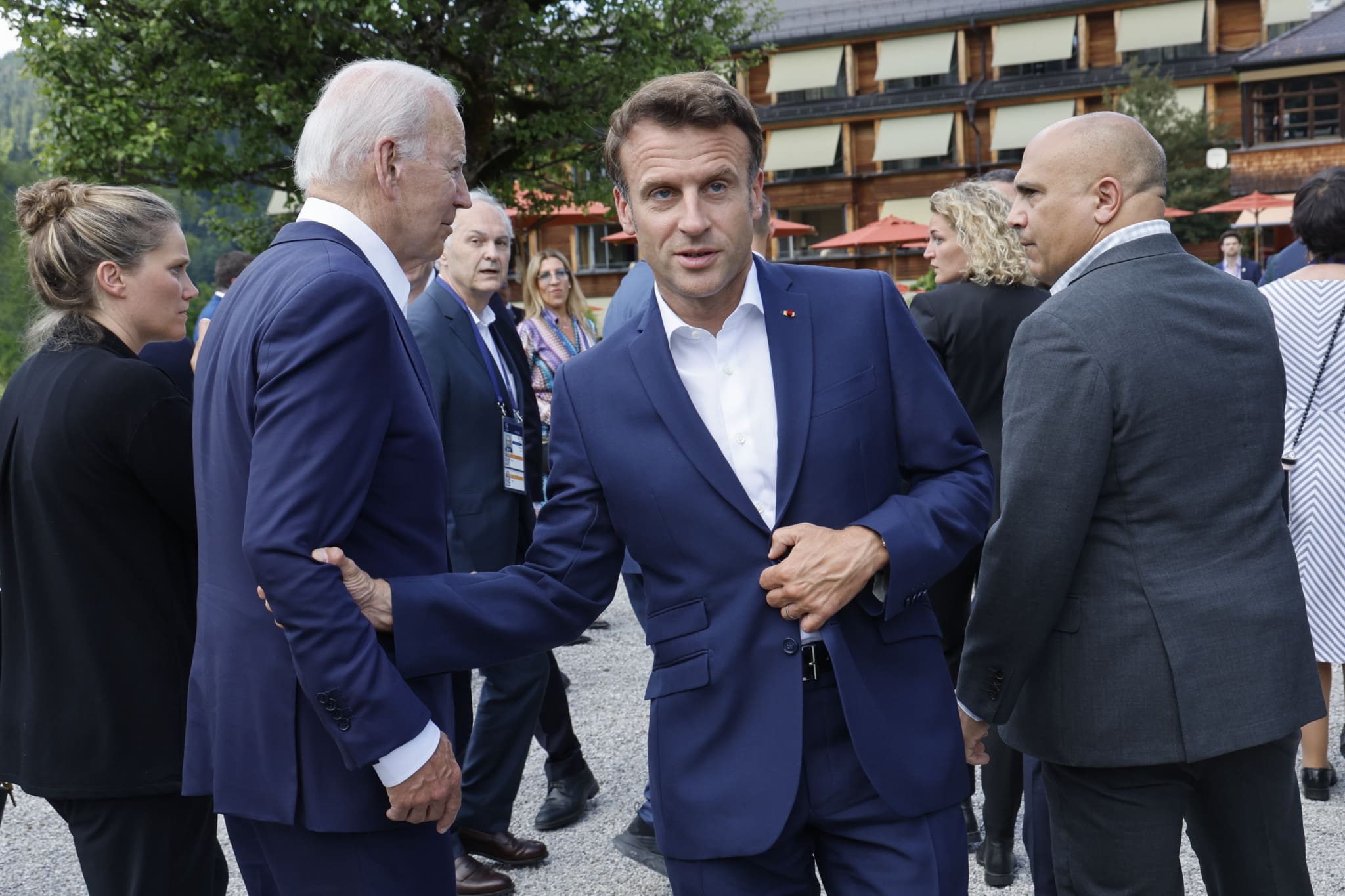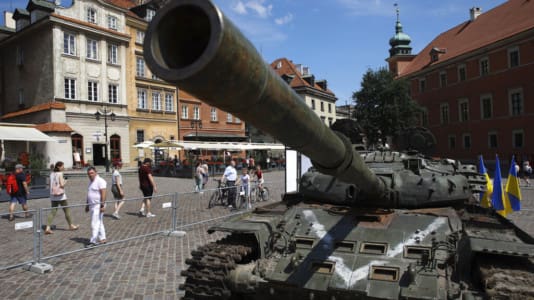While world leaders and decision-makers were smiling for the cameras, several participants in the G7 summit were looking on with concern at their own back backyard.
U.S. President Joe Biden is often literally on shaky legs, both physically and metaphorically, with one unresolved crisis in his country on top of another. Social tensions are nearing critical levels, featuring rampant gasoline prices, mass immigration, and now the abortion debate. An undeclared civil war is essentially already underway.
Although French President Emmanuel Macron was reelected in April, he lost an absolute majority in the National Assembly in this month’s legislative elections.
The German press features story after story weighing on German Chancellor Olaf Scholz, and there have been a number of articles in connection with the current summit that Germany may seem like a world power there, but in the background its problems are multiplying amid growing chaos.
By the way, the German government asked for the trouble itself. According to press reports, the government wants to respond to illegal immigration with an integration offensive, speeding up the issuance of residence permits to rejected asylum seekers and organizing integration courses for those who have not yet been rejected but have no chance of success.
Several left- or Green-led German states are also pleased with the plan, with the center-right Bavarian government less so. According to Bavarian Interior Minister Joachim Hermann, the plan is dangerous because it will only attract more illegal migrants to the country and will place additional burden on the already strained social welfare system. His Saxon colleague Armin Schuster does not even understand why Berlin wants to radically reshape the whole asylum system. He cannot see why Germany would want to keep those who are not entitled to asylum or have not even worked for years.
We should not be very surprised that the German left-liberal government is coming up with self-defeating, dangerous, and pointless proposals, as this is the trend in Europe now. The European Union is constantly figuring out new sanctions, hoping that although no breakthrough has been achieved so far, the next one will certainly be the miracle weapon. So far, none of this has proven to be the case, and there is now a flurry of sanction proposals that would do far more harm to the European Union than to Russia.
It is true that when it comes to energy, it has to be considered that these sanctions are not meant to stop the war but to advance an agenda that can be eaten up by Europeans. People need to believe that the conflict is creating a situation where they inevitably have to make sacrifices. Let us not forget that even before the war, efforts were made to achieve climate targets through soaring energy prices.
The participants in the NATO summit in Madrid, which begins today, have a huge responsibility. The Hungarian prime minister arrives at the meeting with a clear position: Hungary wants an immediate ceasefire and peace.
No new sanctions are needed, it is not a matter of drifting into war, but of working for peace. Unlike his colleagues mentioned above, Viktor Orbán can negotiate from a strong position. His resounding landslide victories during the recent elections show that his positions have a popular mandate, one that many Europeans may see the value in.






